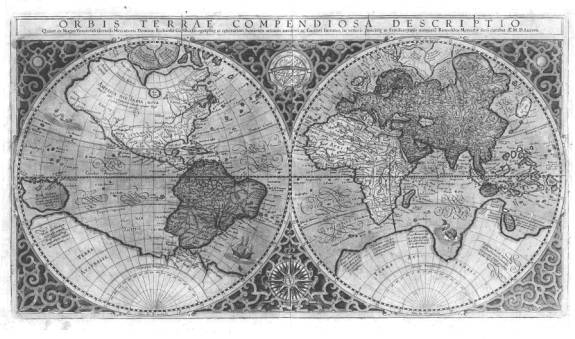LITR 5734:
Colonial & Postcolonial Literature

Sample Student Final Exams 2008
Essay 1: Describe and evaluate your learning experience or learning curve (Objective 3 + others)
C. Vanessa Olivier
Intertextual Healing
Prior to this class, I acknowledged the injustices suffered by the colonized peoples of the world at the macro level; my beliefs were emotionally driven and based on vague notions of universal human rights conceptions. Although my conclusions were morally sound, the basis of my arguments lacked clarity and validity. With regret and humility, I must admit that objective 3 regarding American resistance to or ignorance of postcolonial criticism and issues of larger world/alternative views applied to me more than I initially realized. Colonial and postcolonial intertextuality studies have truly enhanced my cross-cultural studies. Reading fictional texts in dialogue is an entirely new process to me, one that has challenged preexisting ideas, broadened perspectives, and provided a fresh learning source in the quest for knowledge.
In notes from Baktin’s Four Essays, he credits the novel as “the only developing genre [able to] reflect more deeply, more essentially, more sensitively and rapidly, reality itself in the process of its unfolding,” adding, “only that which is itself developing can comprehend development as a process.” Furthermore, examining postcolonial within the context of colonialism reveals the far reaching effects colonization. As discussed in my midterm, one of the major recurring themes in my studies has been the coexistence of oppression and suffering or in other words, suffering and hope. Colonial and post-colonial texts studied in conjunction with one another offer fascinating insight into this issue. Before reading postcolonial and colonial texts together, I only relied on non-fictional sources to study other cultures. I now realize I was unknowingly reading in a vacuum, unable to fully grasp the true essence of “the other” and their personal experiences. I had never considered the question objective 2a asks, “how may literary fiction instruct or deepen students’ knowledge of world history and international relations compared to history, political science, anthropology, etc.?” The omission of examining various genres in developing an understanding of others now strikes me as odd, even though until recently, I utilized this approach.
My first research exploration led me to discussions of “contemporary third wave” post-colonial generations and “global cultures” and their relationships to space, two new concepts which will certainly assist me in my career in cross-cultural studies. The last research project helped me develop a more objective approach in the comprehension of group struggles. In the past, romanticism and sentimental traditionalism prevented me from a clear assessment of colonial encounters: views which instead of liberating the oppressed, perpetuates false notions of inferiority and helplessness of “the other or uncivilized.” In reality, the word civilized is kinetic by nature, an ever evolving definition constructed by “the civilized” to mirror their current cultural norms. Within this context, the colonizers effectively exclude “the uncivilized” from their “civilized world”, forever perpetuating the cycle of oppression. Human progress inevitably results a clash of cultures, which in turn fosters a condition where an oppressor and an oppressed emerges. The hope lies not in the prevention of encounters but rather in our ability to offer a more thoughtful, respectful, informed response to this timeless theme. Krisann Muskievicz’s eloquently echoes these sentiments in her 2003 final:
“It would seem that we are all (somewhat) hybrids - few of us are from here or immune to the influences of those who came here. We are intertextualized products of all that has preceded us. The study of diverse perspectives creates humanity, community, and empathy. The study of colonial and post-colonial literature is one forum for this type of discussion.
As stated in my introduction, I never seriously considered the origins of cultural conflict in Asia or Africa. Despite my tendency to stand up for the disadvantaged, I subconsciously assumed that conflict in these countries is somehow an innately, natural response, to their ethnic history. Although this view contains some degree of truth, it ignores the unnatural role colonial practices played in directly influencing postcolonial outcomes. Studying texts in dialogue offers invaluable insight into the analysis of historical and current events. In fact, the very definition of intertextuality encourages us “to read literary texts as political, economic, and demographic products and agents that provoke responses from other voices and traditions— not exclusively as timeless, autonomous, universal masterpieces.” The healing aspect of intertextuality lies in its promotion of understanding “the other.” Ultimately, truth is relative: “the storyteller” believes their personal experience to be “the truth.” Examining texts in order to develop deep awareness encourages open dialogue and initiates the healing process. Over time maybe the practices of a few will create a lasting imprint on the collective consciousness: the very fact that we are at least trying gives me hope.
